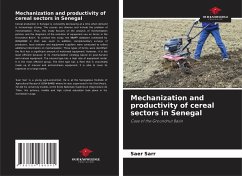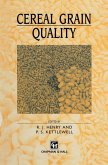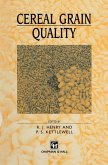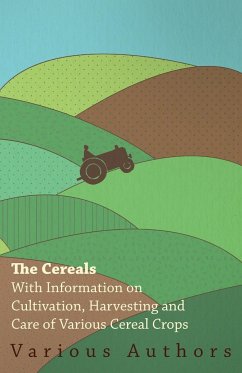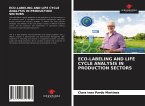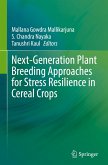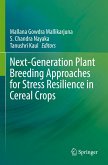Cereal production in Senegal is constantly decreasing at a time when demand is increasingly strong. The causes are diverse and include the problem of mechanization. Thus, this study focuses on the analysis of mechanization policies and the diagnosis of the evolution of equipment use on farms in the Groundnut Basin. To conduct this study, the WAAPP database conducted by ISRA/BAME in 2011 was used. In addition, complementary surveys of producers, local artisans and equipment suppliers were conducted to collect additional information on mechanization. Three types of farms were identified: the first has a significant amount of motorized equipment. However, it is the least efficient because of its mechanization strategy based on post-harvest and manual equipment. The second type has a high rate of equipment rental. It is the most efficient group. The third type has a fleet that is essentially made up of manual and animal-drawn equipment. It is able to cover its expenses to a large extent.
Bitte wählen Sie Ihr Anliegen aus.
Rechnungen
Retourenschein anfordern
Bestellstatus
Storno

